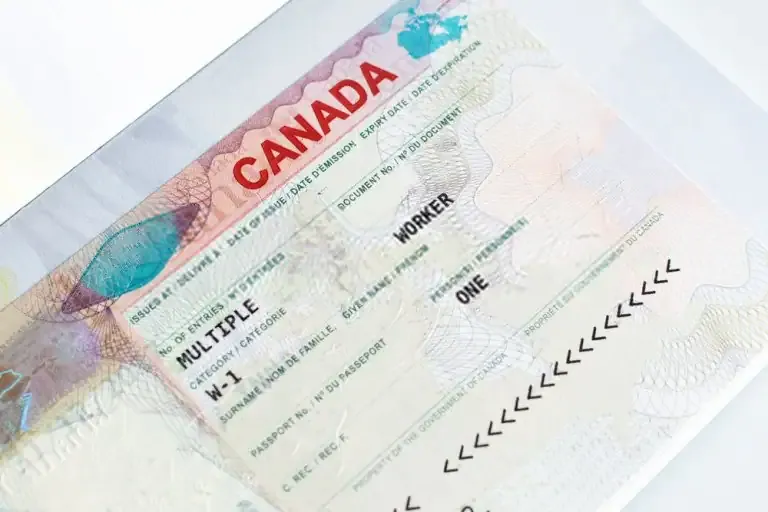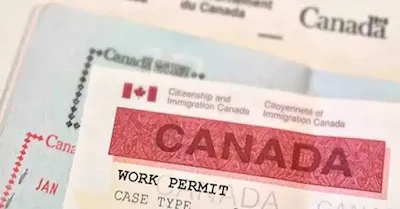Citizenship is an important issue in Canada, as it speaks to the very
foundation of our society and identity. The concept of citizenship goes beyond
legal status or documentation - it's about a shared sense of belonging,
responsibility, and participation in the broader Canadian community.
In Canada, citizenship is granted to individuals who meet certain criteria,
such as residency requirements and language proficiency, and who pass a
citizenship test. Once granted, citizens have the right to participate in
Canadian democracy, including the right to vote, run for office, and serve on
juries. Citizenship also provides access to a wide range of social benefits
and services, such as healthcare, education, and employment opportunities.
However, citizenship can also be a contentious issue, particularly when it
comes to questions of inclusion and belonging. Canada is a diverse and
multicultural society, and there are many individuals and groups who may feel
excluded or marginalized from mainstream Canadian society. Issues such as
racism, discrimination, and xenophobia can affect how some individuals
experience their Canadian citizenship, and can challenge our collective sense
of unity and identity.
Another issue related to citizenship in Canada is the ongoing debate over
immigration and refugee policies. Canada has a long history of welcoming
immigrants and refugees, and many argue that our country's success is due in
large part to our ability to attract and integrate newcomers. However, there
are also concerns about the impact of immigration on our economy, social
systems, and cultural identity, as well as debates around the appropriate
balance between welcoming newcomers and protecting national security.
citizenship is a complex and multifaceted issue in Canada, touching on
questions of identity, belonging, inclusion, and diversity. As Canadians, it
is important that we continue to engage in thoughtful and respectful
discussions about these issues, and work to build a society that is welcoming,
inclusive, and representative of all its citizens.
One of the most pressing issues related to citizenship in Canada is the
ongoing debate around Indigenous sovereignty and self-determination.
Indigenous peoples have been living in what is now Canada for thousands of
years, and they have their own distinct cultures, languages, and histories.
However, the legacy of colonialism has had a profound impact on Indigenous
communities, including the forced removal of children from their families
through the residential school system, the loss of land and resources, and the
erosion of traditional cultures and ways of life.
Today, there is a growing movement towards Indigenous self-determination,
which seeks to empower Indigenous communities to govern themselves and
determine their own futures. This includes issues such as land rights, treaty
negotiations, and recognition of traditional Indigenous knowledge and
governance structures. However, there are also challenges related to the
implementation of self-determination, including issues of funding,
capacity-building, and intergovernmental relations.
Another issue related to citizenship in Canada is the ongoing debate around
language rights and bilingualism. Canada is officially a bilingual country,
with English and French recognized as its two official languages. This means
that citizens have the right to receive services from the federal government
in either English or French, and that there are certain language requirements
for certain jobs or positions. However, there are also concerns about the
availability and quality of French-language services in some parts of the
country, and about the recognition of other non-official languages spoken by
immigrant communities.
One of the most important issues related to citizenship in Canada is the
ongoing challenge of balancing individual rights and freedoms with collective
responsibility and the common good. Canada is a society that values individual
freedom and autonomy, but there are also times when collective action is
required to address issues such as climate change, public health, and social
inequality. Finding the right balance between these competing interests is an
ongoing challenge, and requires ongoing dialogue and engagement among all
Canadians.
Certainly, there are many topics related to citizenship in Canada that are of
interest to individuals who are either seeking citizenship or are already
Canadian citizens. Some of these topics include the visa requirements for
citizenship, the process of becoming a citizen through naturalization, and the
availability of dual citizenship with the United States.
In terms of visa requirements for citizenship, there are several different
pathways to Canadian citizenship, including through skilled worker programs,
family sponsorship, and investment visas. Each of these programs has its own
unique requirements, and individuals interested in pursuing citizenship should
carefully research the different options available to them.
For those who are already Canadian citizens, there are many resources
available to help them navigate the complexities of citizenship and
immigration law. One such resource is the IRCC (Immigration, Refugees and
Citizenship Canada) website, which provides a wealth of information about
citizenship requirements, the citizenship application process, and other
related topics. In addition, individuals can log in to their IRCC accounts to
track the progress of their applications and receive updates on any changes to
immigration policy.
Another important topic related to citizenship in Canada is the issue of dual
citizenship. Canadian citizens are permitted to hold dual citizenship with
other countries, including the United States. This can be a significant
advantage for individuals who travel frequently or who have business interests
in multiple countries.
Finally, it is worth noting that there are many different ways to become a
Canadian citizen, including through citizenship by descent or through
naturalization. While the process of becoming a citizen can be complex, there
are many resources available to help individuals navigate the process and
ensure that they meet all of the necessary requirements. Whether you are a
current Canadian citizen or are seeking citizenship for the first time, there
are many resources available to help you navigate the complex world of
citizenship and immigration law in Canada.
List Of All Citizenship In Canada Articles of Canadatodays.com



















